Impact Innovation – The Necessary Mutation of the Structure of Scientific Revolution. pt3/3
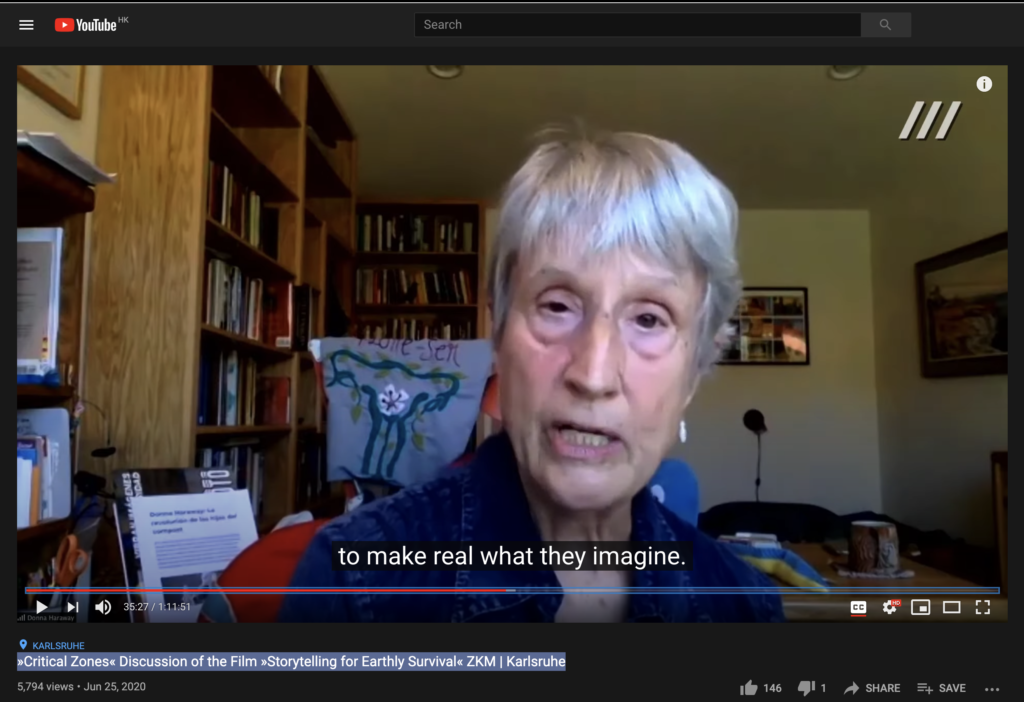
In the case of Makerbay, as we are focused on developing technologies to “make the world a better place” it is absolutely vital to not fall into Technological Utopianism, and instead sharpen ourselves to be techno-critical, with advocacy and entrepreneurial propositions that are appropriate.

Dominika Szope, Barbara Kiolbassa, Anett Holzheid (ZKM):
“Are techno-fix solutions towards the problem of climate change just fictional expectations in the dynamic of capitalism?”
Donna J. Haraway (Biologist, Philosopher, Feminist, in discussion with Bruno Latour, Pieter Weibel)
“I wish it were fictional in the sense of not real. I think capitalist apparatuses have the material and financial and narrative power to make real what they imagine. That realisation of the world in that sense is a project. Do I think it will fail? Yes Do I think it will do immense damage in the process of coming, of crashing? Yes. So, it’s fictional, but not in the sense of merely imaginary.”
»Critical Zones« Discussion of the Film »Storytelling for Earthly Survival« ZKM | Karlsruhe, Germany, June 25, 2020. Thanks to Pamela Pascual for sharing this reference.
MakerBay is not fundamentally against capitalism, in fact, it was born in Hong Kong, arguably one of the most capitalist places in the world.
MakerBay argues that as a human species, we must collectively create an economy that is not designed to grow without limits, in an ecological world that has limits.
In an age of accelerating change and damage to the natural world, we must develop solutions to heal this natural world at an equivalent or higher rate. Or we simply won’t be able to sustain our existence, not to mention that of other living forms. We cannot and should not ambition to domesticate the entire universe.
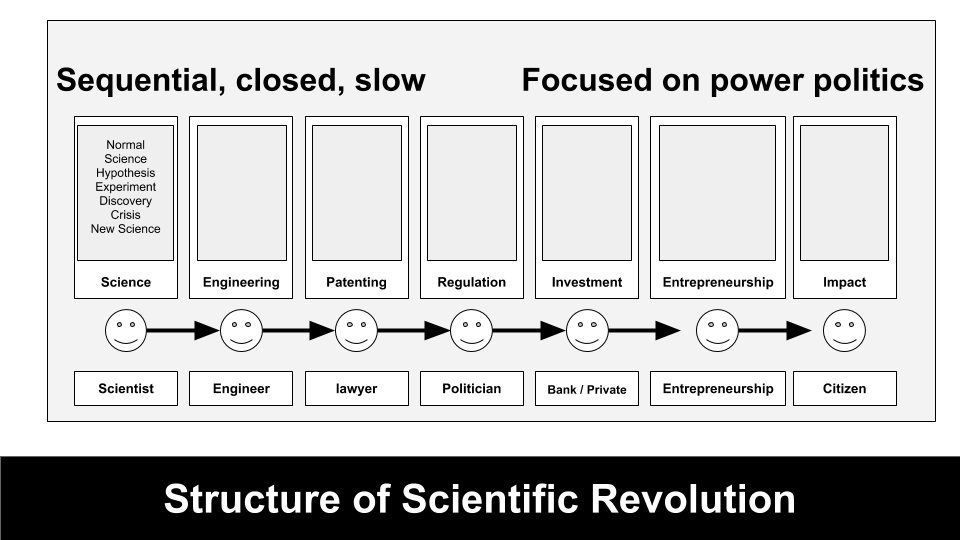
The current and most broadly accepted model of progress is that of Thomas S Khun, The Structure of Scientific Revolutions (1962). In his influential book, he argued that “periods of “normal science”, were interrupted by periods of revolutionary science. The discovery of “anomalies” during revolutions in science leads to new paradigms. New paradigms then ask new questions of old data, move beyond the mere “puzzle-solving” of the previous paradigm, change the rules of the game and the “map” directing new research.” Kuhn, Thomas S. The Structure of Scientific Revolutions. 3rd ed. Chicago, IL: University of Chicago Press, 1996. Asking new questions of old data on pages 139, 159. Moving beyond “puzzle-solving” on pages 37, 144. Change in rule sets on pages 40, 41, 52, 175. Change in the direction or “map” of research on pages 109, 111.
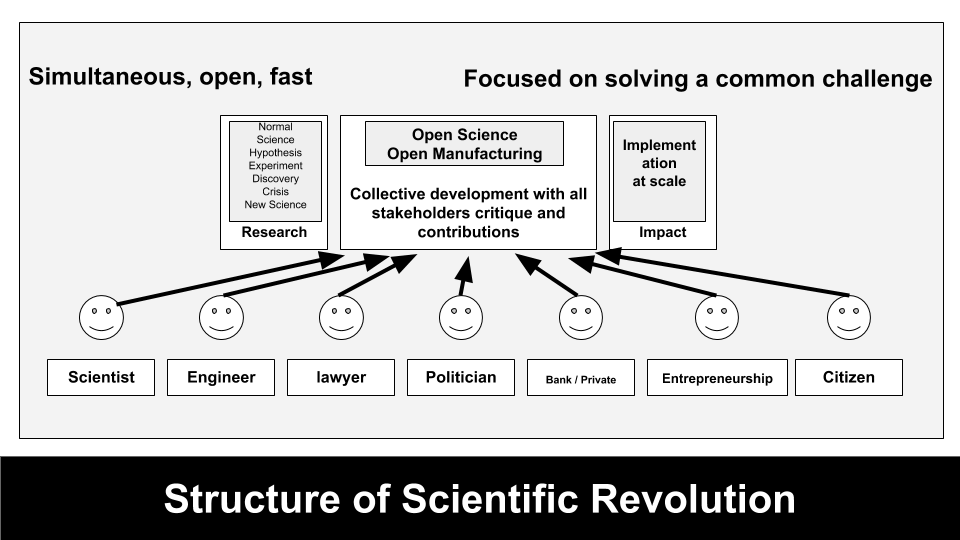
I can see how this theory was necessary and revolutionary in 1962, but implies strong narratives of dualities. In 2020, with global warming, in a middle of a global pandemic, on track to produce hundreds of millions of climate refugees by mid-centuries, we need to go beyond narratives of territorial dualities, and create a new paradigm of collaboration, that accelerates innovation across disciplines.
I believe that MakerBay is one of the many actors that are contributing to change of how we do science, citizen science, community science as a social enterprise and go from observing a global challenge, to developing local solutions for it. We believe that Open Science, Open Hardware, Open Source Software, and making technology more inclusive will play a major role in transforming our local and global economies and ecologies.
in this TED Talk, I gave 3 concrete examples of how kids can get involved with hyper-local or global environmental challenges, contributing no matter their age, collaborate with top researchers, and propose meaningful solutions that are affordable and Open Hardware. It is also in this talk that I introduced MakerBay as a network of innovation centers without entry barriers, where people could develop local solutions to global challenges. That was in 2015. The world has changed a lot and so does our theory and practice.
As of today, as far as I am aware, only the Lemelson Foundation and the Aspen Institute have been using the term “Impact invention”. We want to improve this tool and share it with the world. Please comment, critique, share references, so we can improve it together. Thank you.

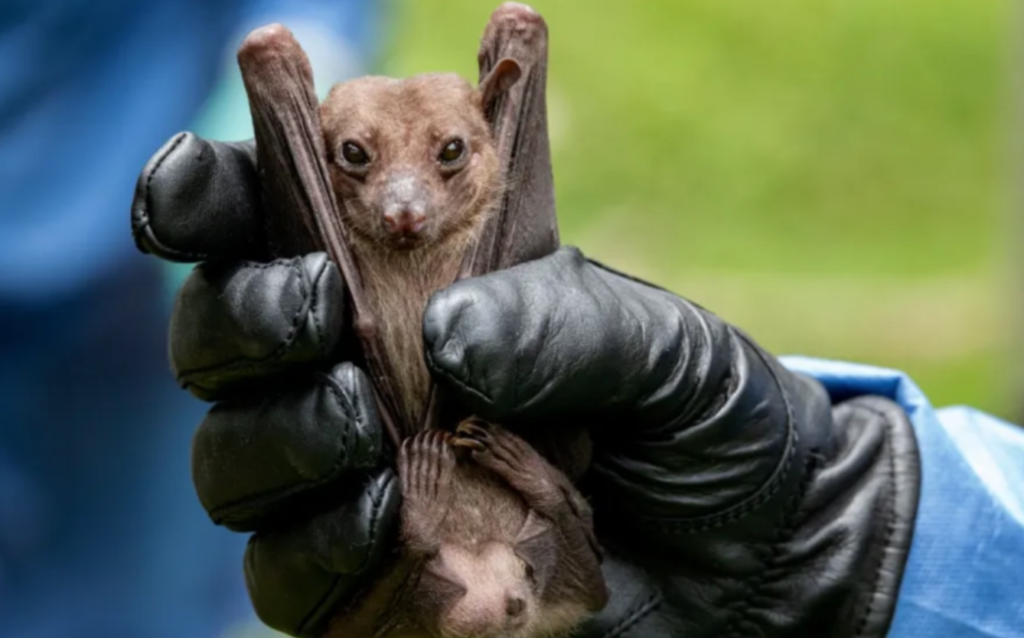

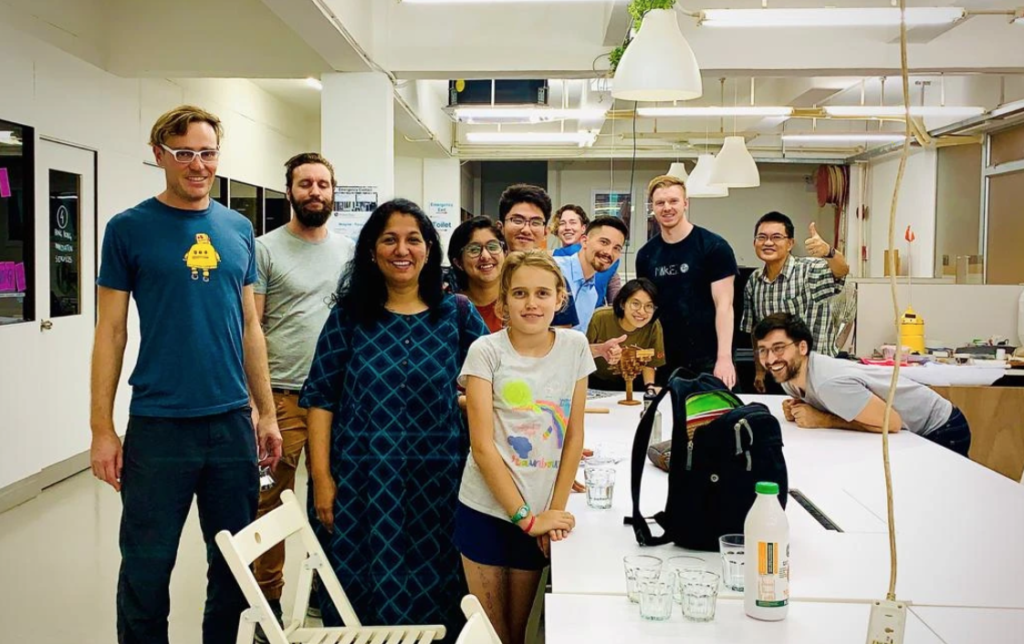
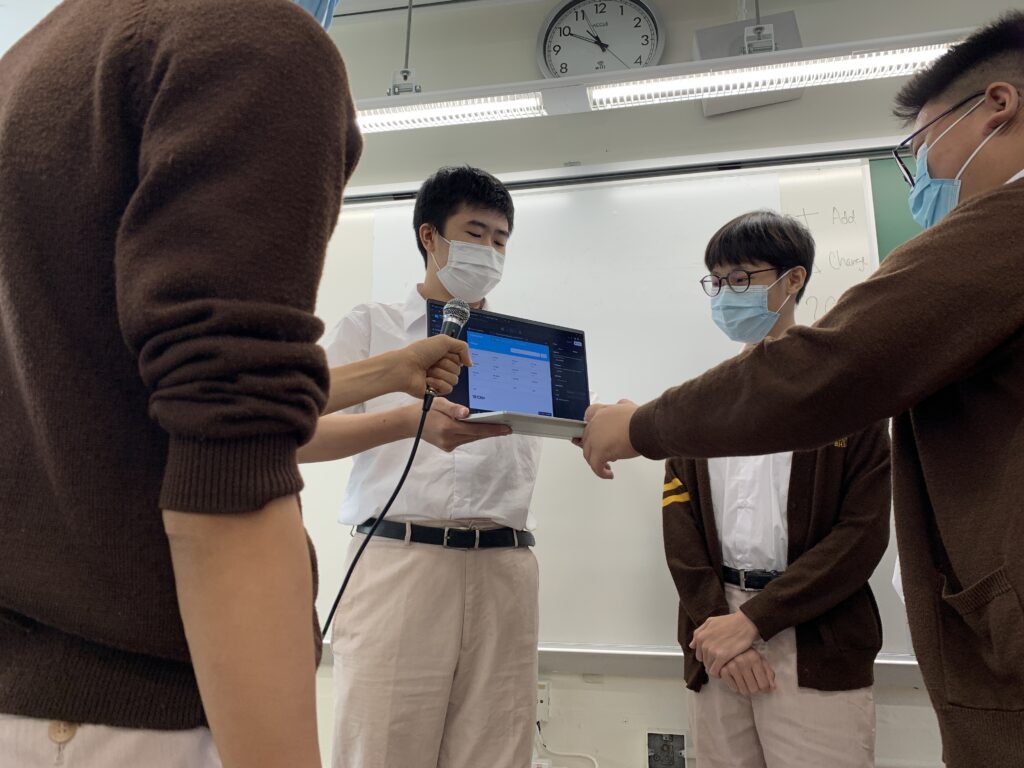
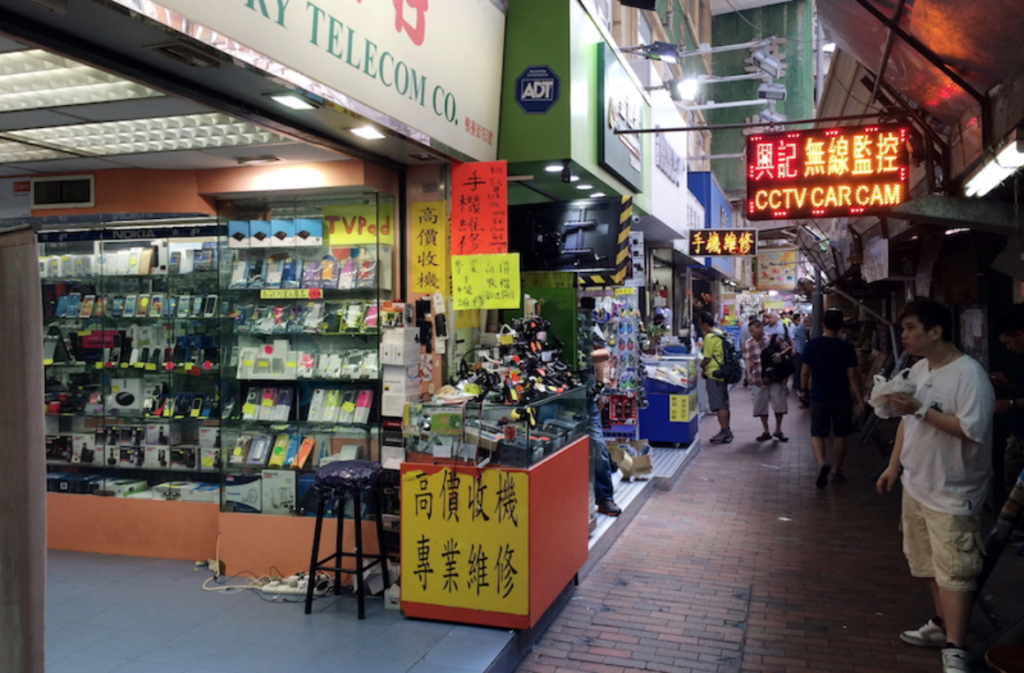
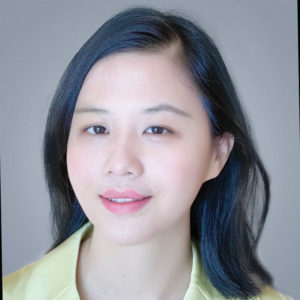
Responses